Tim Tebow and Demaryius Thomas and the world we see
This article originally appeared on December 20, 2021 at Baptist News Global.
After having what will one day be recognized as a Hall of Fame NFL career, Demaryius Thomas died unexpectedly of what police are calling “a medical issue” in his Georgia home on Dec. 9, 2021. He would have turned 34 on Christmas Day.
As we remember the life and grieve the loss of Thomas, we also should reflect on the contrasts between his story and the story of the other first-round draft pick for the Denver Broncos in 2010 — Tim Tebow.
That year, the Broncos ended up with two first-round draft picks whose stories would give a glimpse into the evangelical culture wars that historian Kristin Kobes Du Mez later would say “corrupted a faith and fractured a nation.”

Denver Broncos wide receiver Demaryius Thomas jokes with teammates as they stretch before drills at NFL football training camp in Englewood, Colo. (AP Photo/David Zalubowski)
With the 22nd pick, the Broncos selected Demaryius Thomas from Georgia Tech, a shy and quiet wide receiver.
Three picks later, the Broncos selected quarterback Tim Tebow, who already had amassed a cult-like following among evangelicals during his years playing for the University of Florida.
While both these first-round picks identified as Christians, their stories and their popularity among evangelicals could not have been more different.
Darren McKee, who has been a host on Denver Sports Radio 104.3 The Fan for the past two decades, told Baptist News Global, “Demaryius Thomas was painfully shy when he arrived in Denver. He wasn’t a vocal guy in terms of rah rah. He admitted that himself. Tebow was a national celebrity when he arrived in Denver. Thomas wasn’t.”
Looking back, it seems many white evangelicals missed the depths and greatness of Thomas because they were so fixated on how Tebow made them feel about themselves.
A story of drugs and deep loss
When Demaryius Thomas began to realize that his mother and grandmother were involved with selling drugs out of their house in Montrose, Ga., he began to fear what the future might hold for them.
His grandmother Minnie Thomas told the Denver Post, “I mostly did it to make ends meet, to buy my kids what they wanted, so they could wear what the other kids were wearing, so I could keep my house nice on the inside.”
Thomas remembered, “I knew my grandma was selling it and my mom was keeping some money. I told my mother one time that they needed to stop because I had a dream that they got in trouble. I started crying like every night after then. And then it finally happened.”
Thomas described his mother’s arrest in a story for The Players Tribune: “I was sleeping by the door when the men busted in. It was 7:00 in the morning, right before school. The first thing I saw were the guns pointing at me. Big guns. Like in a movie. I didn’t know they were police. I just saw guns and red dots flashing. … I laid on the floor and they went into my mom and stepdad’s room. They brought them out in handcuffs. As they were walking my mamma to the police car, she said, ‘Can I please just take my kids to the school bus one last time?’ That’s when I knew. Hearing that, even at 11 years old, I realized I wasn’t going to see my mom for a long, long time.”
“When the bus pulled up, all the kids saw the police cars surrounding us. My mom kissed us on the cheek and waved goodbye.”
In his final moments with his mom, he recalled, “When the bus pulled up, all the kids saw the police cars surrounding us. My mom kissed us on the cheek and waved goodbye.”

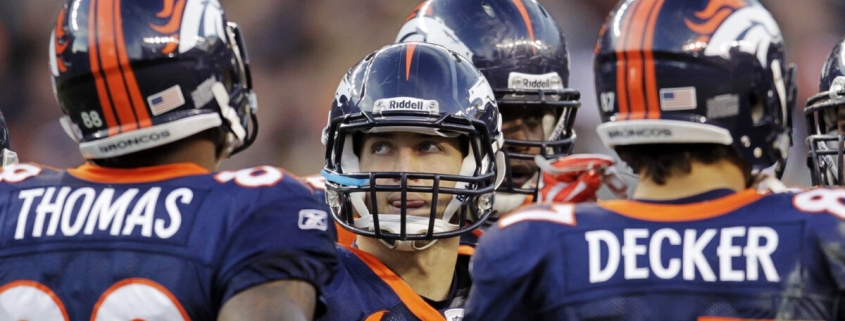
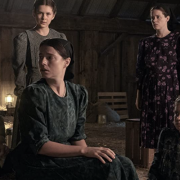

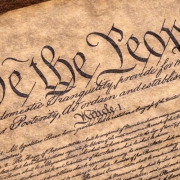
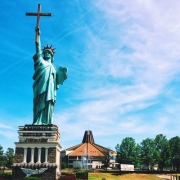


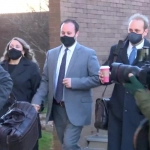
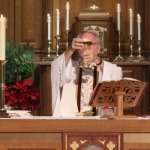
Thank you so much for this wonderful reflection on what the gospel is about and how the white nationalist church corrupts it without meaning to or realizing it. The church should always promote redemption and eschew power. Sadly, the church has joined hands with Caesar and fails to see that this is leading her to become far less that God calls her to be.